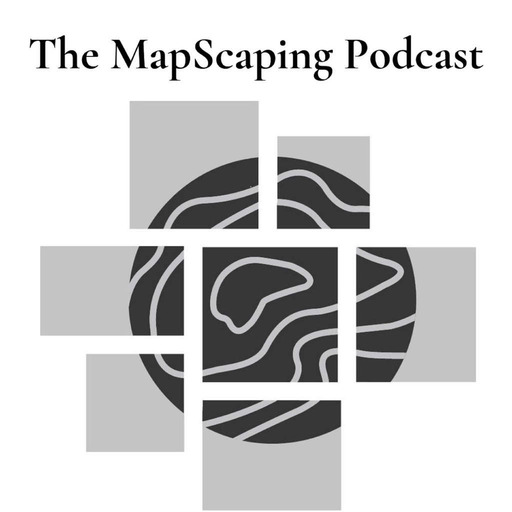Computer vision is everywhere! But teaching an algorithm to identify objects requires a lot of data and this is definitely the case when we think about GeoAI
But it is not enough to have a lot of data we also need data that is labeled
If we are looking for cars in images we need a lot of images of cars and we need to know which pixels are the car!
Of course, I am oversimplifying but I hope you get the idea,
Now imagine that you can automatically generate a large labeled data set of realistic images of cars based on the specifications of a specific sensor.
These data sets are often referred to as synthetic data or fake data and to help us understand more about this I have invited Chris Andrews from Rendered AI on the podcast.
Here are a few previous episodes you might find interesting
Computer Vision And GeoAI
https://mapscaping.com/podcast/computer-vision-and-geoai/
In this episode, the discussion is aimed at an increased understanding of the differences between computer vision and the AI that is used in the Earth Observation world.
Labels Matter
https://mapscaping.com/podcast/labels-matter/
What it takes to create labeled training data manually. If you are new to the idea of labeled data sets this is a good place to start.
Fake Satellite Imagery
https://mapscaping.com/podcast/fake-satellite-imagery/
This is a good episode if you want to know more about Generative AI and Generative Adversarial Networks.
Also, check out this website https://thisxdoesnotexist.com/ to get an idea of where and how these Generative Adversarial Networks can be used. Look for a website called This City Does Not Exist http://thiscitydoesnotexist.com/
On a silently similar note try uploading an image to https://bard.google.com/ … it's pretty interesting!


 Emissions
Emissions







